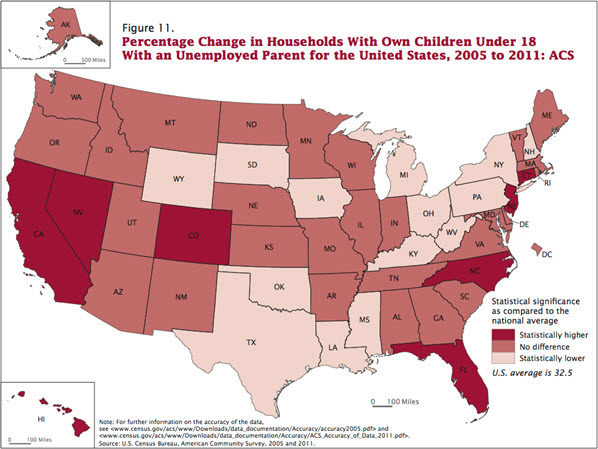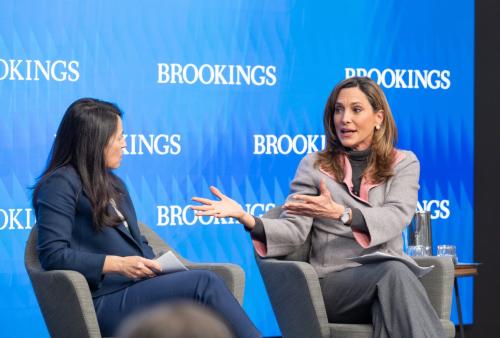Unemployment is bad news all round—and it may damage social mobility through its effects on parenting, and the drive and ambition of the next generation. That’s the warning given by Larry Summers—recently passed over as Fed Chair—in a thought-provoking interview with the Wall Street Journal.
Jobless Parents = Less Successful Kids
While economists and policy makers rightly worry about today’s jobless, there are potentially some long-term costs, too, not just for the individual out of work—but for their children. And not just in terms of economic and educational opportunities, but in terms of the picture of adult life provided to impressionable children. As Summers says:
“We may be losing yet another generation of kids who don’t have the kind of role models in their parents that they should because of the difficulties their parents are having economically. There’s now been clear studies that show that when dad and mom have jobs that they’re proud of and they’re doing those jobs, junior works harder in school, does better in school, and is more likely to succeed.”
In other words, jobless parents raise less ambitious kids. If that’s right, inequality across generations gets entrenched even more deeply.
More Children With Mom or Dad Out of Work
More children are being brought up with the experience of seeing a parent out of work, as a recent report from the Census Bureau shows:

The number of children in families with at least one unemployed parent has risen by a third since 2005. And there’s ample research showing that children in families who fall into poverty during a recession do significantly worse as adults than those in families which survive recessions financially unscathed.
Learning (or not learning) the Work Ethic
But what’s interesting about Summers’ remarks is that he focuses not on the impact of financial hardship from parental unemployment, but rather on the negative impacts that parents’ discouragement has on children’s non-cognitive skills. As he puts it, children “might not have the same work ethic, they might not have the same connections, opportunities. They might not have the same ambition.”
Possessing “drive” or the intrinsic motivation to succeed can make a big difference in whether a child moves up the income ladder as an adult, as our work at Brookings has shown. If children witnessing their parents’ joblessness lower their own horizons as result, the damage of today’s unemployment could last well into the next generation.
The Brookings Institution is committed to quality, independence, and impact.
We are supported by a diverse array of funders. In line with our values and policies, each Brookings publication represents the sole views of its author(s).




Commentary
Parental Unemployment Hurts Kids’ Futures and Social Mobility
November 25, 2013